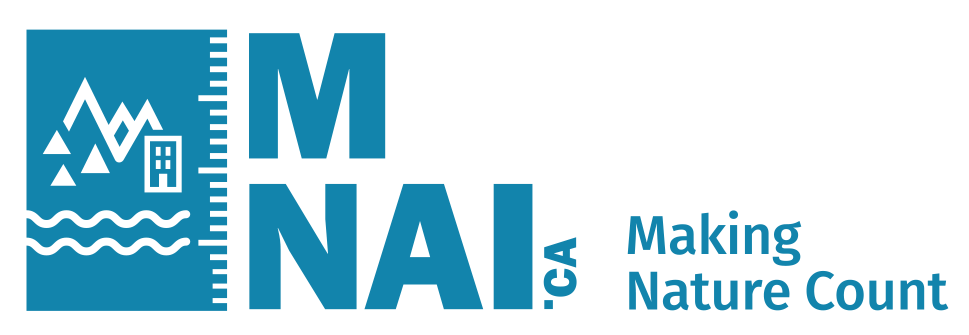Local governments are starting to understand, measure, manage and account for natural assets as well as the engineered assets that provide services to our communities. With First Nations and municipalities mitigating and adapting to climate change, they need professional advice on managing natural infrastructure or natural assets. So, this project aims to understand what skills are needed to manage natural assets and to explore the links between asset management policy, professional norms in practice, and capacity building in training. The research will address three key questions regarding usual professional practices, or professional norms:
- What current professional norms act as drivers and barriers to actively managing natural assets?
- What changes to professional norms would better support NAM practices?
- What competencies might be developed to better incorporate natural asset considerations in professional norms?
Ongoing engagement will build on existing networks and dialogues to establish participants in a focused stakeholder group. They will provide input on research design and analysis, co-produce new knowledge, and exchange feedback on standards, competencies and communication. Engaged stakeholders will gain early access to emerging knowledge and be supported as NAM change leaders.
Vision
Local governments and First Nation communities are looking to nature to improve our resilience to climate change and provide some services that are otherwise delivered through more carbon-intensive engineered solutions. We know that planning to manage natural assets to supply fresh water, reduce damage from erosion and floods, and support biodiversity requires a diverse set of skills. This project develops and shares knowledge about what natural asset management skills are most needed, where they can be learned, and how they can be incorporated in current asset management training and practices.
Process
The RbD team is working with the Municipal Natural Asset Initiative (MNAI), to engage with asset management experts and stakeholders with experience connecting nature-based solutions (NbS) with the functional standards that guide asset management policy, professional norms in practice, and capacity building in training. Through interviews and structured discussions, we are synthesising the information we gather and sharing that knowledge to help this group to better align on initiating impactful strategies and clear action plans.
Impact
The long-term goal of the project is to contribute to the ongoing evolution of the field of natural asset management through identifying a map forward for education and training curriculum that will help mainstream the practice across Canada. Ultimately, we hope this work will inform the design and development of learning opportunities that will contribute to upskilling a workforce for implementing and mainstreaming NAM more effectively.
Reports & Publications
Mitacs Project listing: https://www.mitacs.ca/en/projects/natural-asset-management-knowledge-mobilization-competency-framework-and-professional-norms
Coulter, L., Cox, R. S., Forssman, V., Brooke, R., & Jones, K. (2022, 21-23 October). Natural Asset Management Knowledge Mobilization: A Challenging Dialogue 2022 Toronto Conference on Earth System Governance. Governing accelerated transitions: justice, creativity, and power in a transforming world, Toronto, ON. https://www.earthsystemgovernance.org/2022toronto
Coulter, L., Cox, R. S., Forssman, V., & Brooke, R. (2022). Challenge Dialogue Progress Report: Exploring Natural Asset Management Capacities and Practices in Canada. Resilience by Design Lab. Victoria BC.
Coulter, L. (2022). Challenge Dialogue Progress Summary: Exploring Natural Asset Management Capacities and Practices in Canada. Resilience by Design Lab. Victoria BC.


